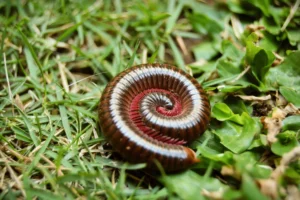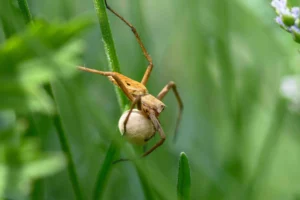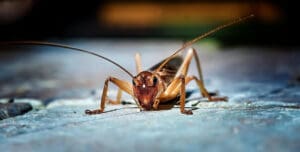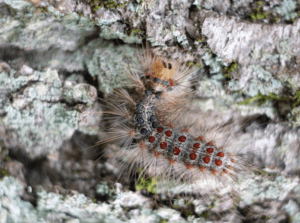
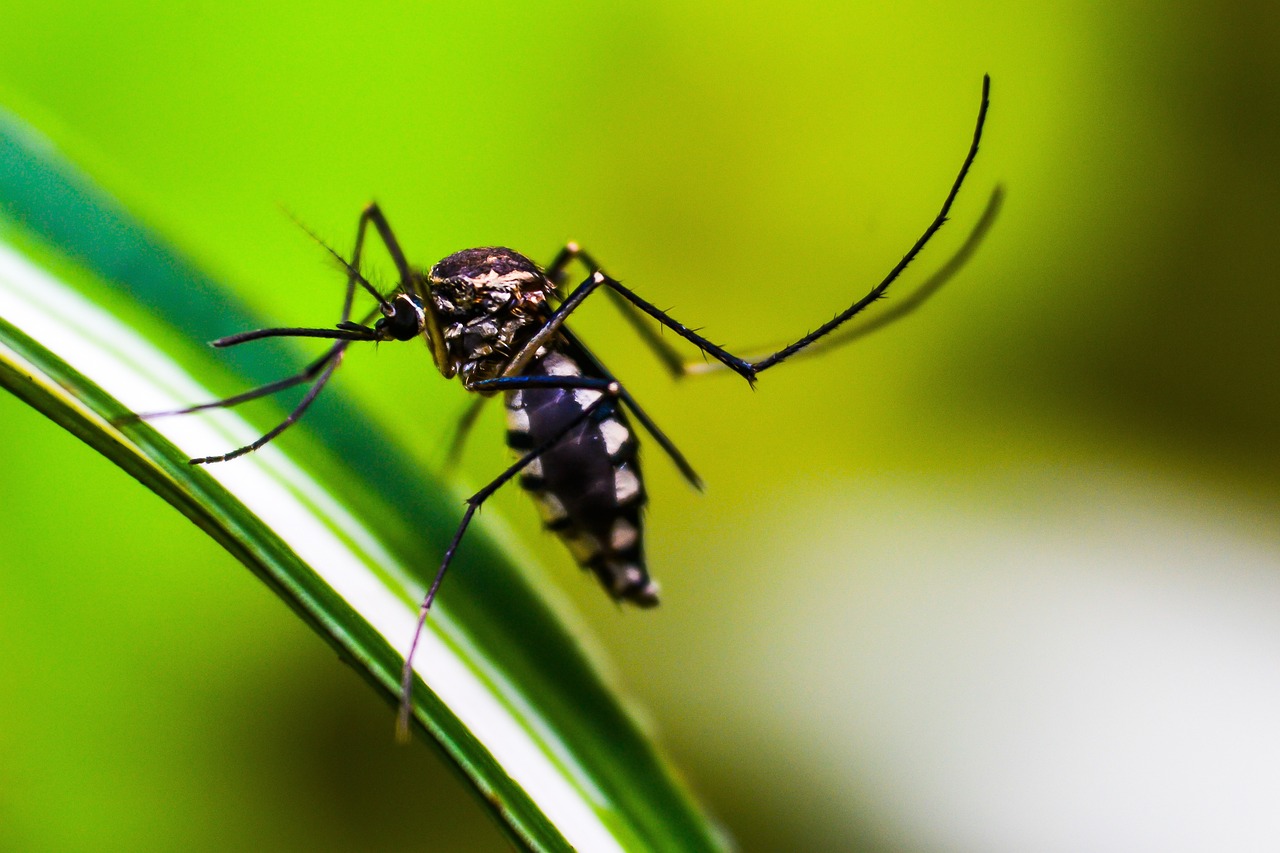
There is something magical about spring and summer evenings. It’s the perfect time to get outside and go for evening strolls, hike under the moonlight or simply have drinks on the deck. However, pesky mosquitoes can quickly take the magic out of your evening adventures. And sometimes it can feel like there is no escaping them. Even when you venture indoors, the tiny flying insects seem to follow you and buzz in your ear preventing you from getting a good night's rest.
When it begins to feel like you are surrounded by mosquitoes, you probably have a mosquito infestation. But there is no need to worry, we’ve put together a how-to guide designed to help you identify and alleviate mosquito infestations and prevent them from happening in the future.
How to identify mosquitoes
-
Mosquito features
Mosquitoes carry disease while its look-alike relatives are usually harmless. For example, crane flies and midges are virtually harness flying insects that are usually mistaken for mosquitoes. With this in mind, you need to be able to determine whether you have a mosquito infestation, or a simple insect annoyance.
Distinguishing mosquitoes from its other flying insect brethren is probably not as easy as you may think. However, the features of mosquitoes differ slightly from other insects - you just have to take a closer look. Mosquitoes have slender, scaly bodies and thin, long legs. Their heads feature a prominent proboscis and they have one pair of wings. The key difference to look out for is a scaly body and single pair of wings - once you pick up on this, you probably have a mosquito infestation. -
Mosquito climates
Mosquitoes are drawn to a specific temperature and humidity. Most mosquito species will spend the winter time as eggs while adults will spend the winters living in cellars, caves or sewers. As they are cold-blooded insects, they are not able to regulate their body temperature and because of this, they are drawn to temperatures of 176°F and above. They struggle to function in lower temperatures and this is why they seem to only appear in the warmer months. -
Mosquito activity hours
Mosquitoes are unable to spend a lot of time in the sun, unlike their cold blooded counterparts. This is because the sun causes them to dehydrate quickly. The late nights can also become too cold for the creatures and this is why their peak hours are usually dawn and dusk.
Mosquitoes rest during the day however, if it’s cloudy enough, they will venture outside of their usual hours but this is very rare. Therefore, if you are seeing mosquitoes during the day, you probably have an infestation. -
Mosquito buzzing
Mosquitoes are known for their annoying buzzing that can be heard when you are usually trying to have a decent night's sleep. Hearing mosquitoes on occasion is normal but if you are hearing constant and consistent buzzing and it's coming from more than one or two mosquitoes, you probably have an infestation.
-
Mosquito bites
Waking up with a lot of little raised and itchy bites? You are probably in the midst of an infestation. An abundance of bites indicates more than one or two mosquitoes which points to egg production - and the more blood they consume, the more eggs they produce. For some perspective, some mosquito species can lay up to 200 eggs every third evening.
It’s also important to remember that some mosquito bites aren’t as innocent as they seem and should be avoided. This CDC guide outlines the preventative measures you can take to avoid these pesky bites. -
Mosquito eggs
Mosquito eggs can be found in various locations depending on the species and their preference. Most females will lay their eggs near water or in small areas of your home that are prone to flooding or water. The eggs often resemble a little raft and hatch within 24 - 48 hours. These little rafts of up to 200 eggs are usually ¼ inches long and ⅛ of an inch wide and can be difficult to spot if you’re not actively looking for them. If you believe you may have an infestation, take a look at any stagnant areas of water outside or inside your home. -
Mosquitoes and food
Mosquitoes don’t just rely on your blood, they rely on plant nectar for nutritional purposes and this is why they are usually spotted hovering near your plants. However, if you spot mosquitoes hovering near your indoor food and plants, you may have an infestation.
Preventing Mosquito Infestation
Mosquitoes are not only annoying, they can carry disease. Some of the diseases they are known to carry include West Nile Virus, Zika Virus and Encephalitis and this is why they should be avoided. We have put together some top tips to help you prevent a mosquito infestation: Tips to prevent mosquito infestation:- Remove sources of still and stagnant water wherever possible. This means removing any water-filled buckets, wheelbarrows, pots and similar objects.
- If you have birdbaths, change the water regularly and remember to empty them in the evenings.
- Make sure your outdoor garbage cans and recycling bins have drainage holes so that they don’t end up collecting rainwater or other possible liquids.
- Make sure to place a lid on your garbage cans as well, to avoid attracting mosquitoes who are seeking food.
- Clean your gutters annually and remove leaves that may be clogging them.
- Add some fish to ant ornamental pools you may have as this prevents mosquitoes from venturing close to the water.
- Clean and chlorinate your swimming pool regularly and remove water that may collect on your pool covering.
- Certain plants and herbs repel mosquitoes including lavender, peppermint and citronella. You can plant these herbs around your garden or even place them in indoor pot plants to repel the pesky pests.




